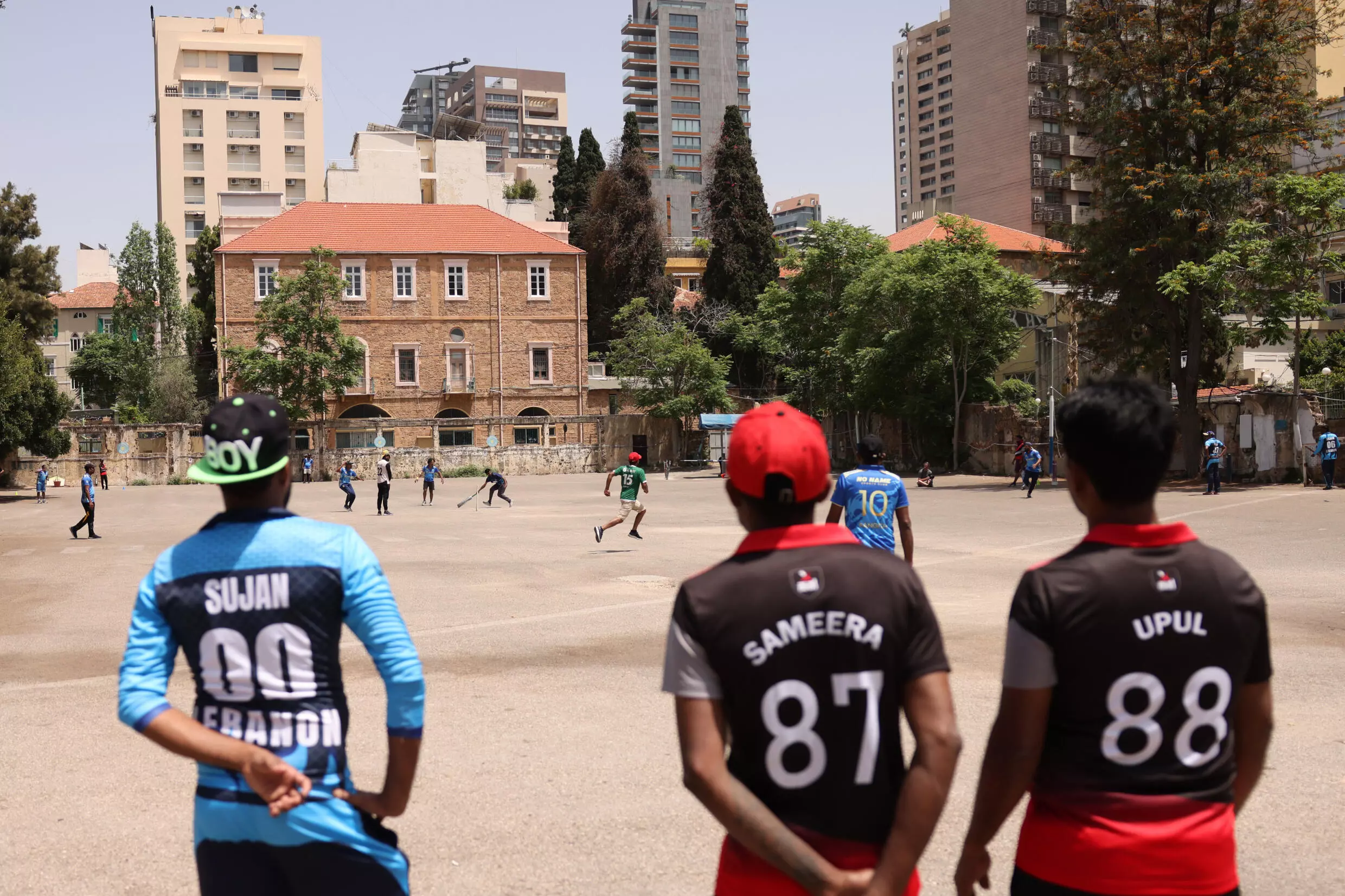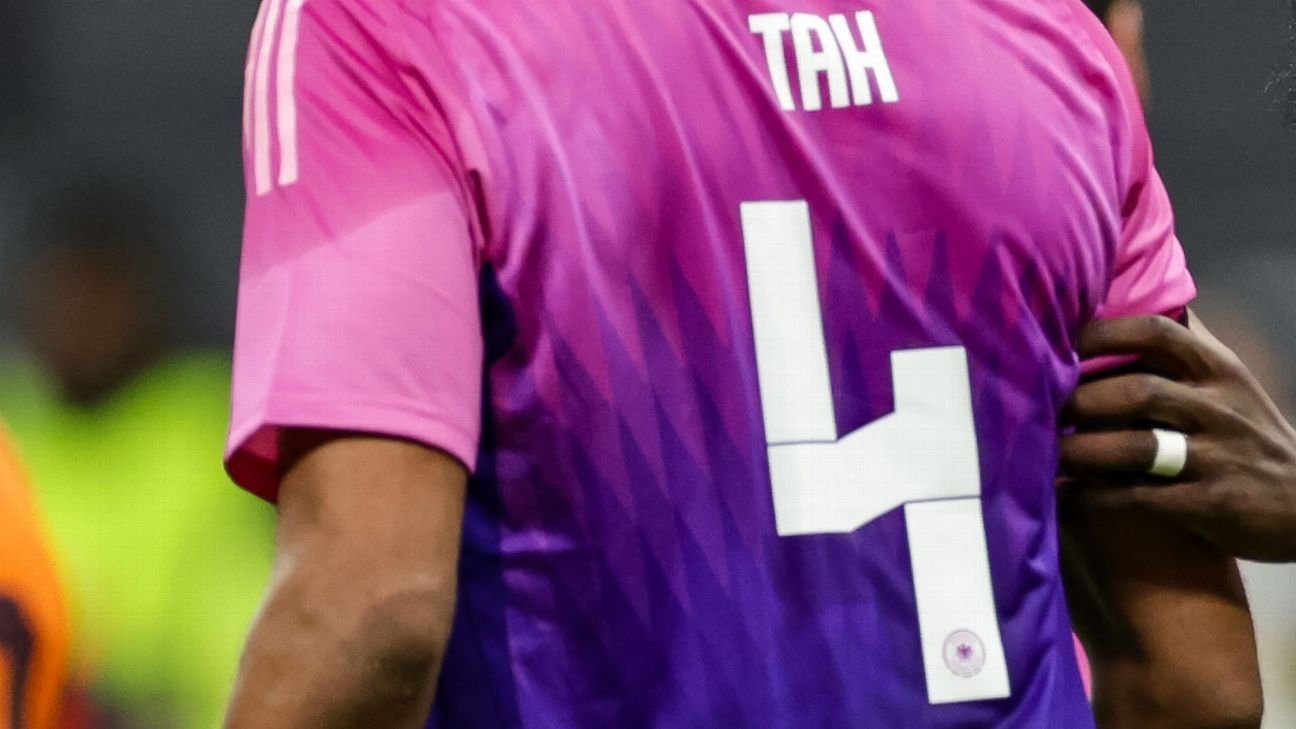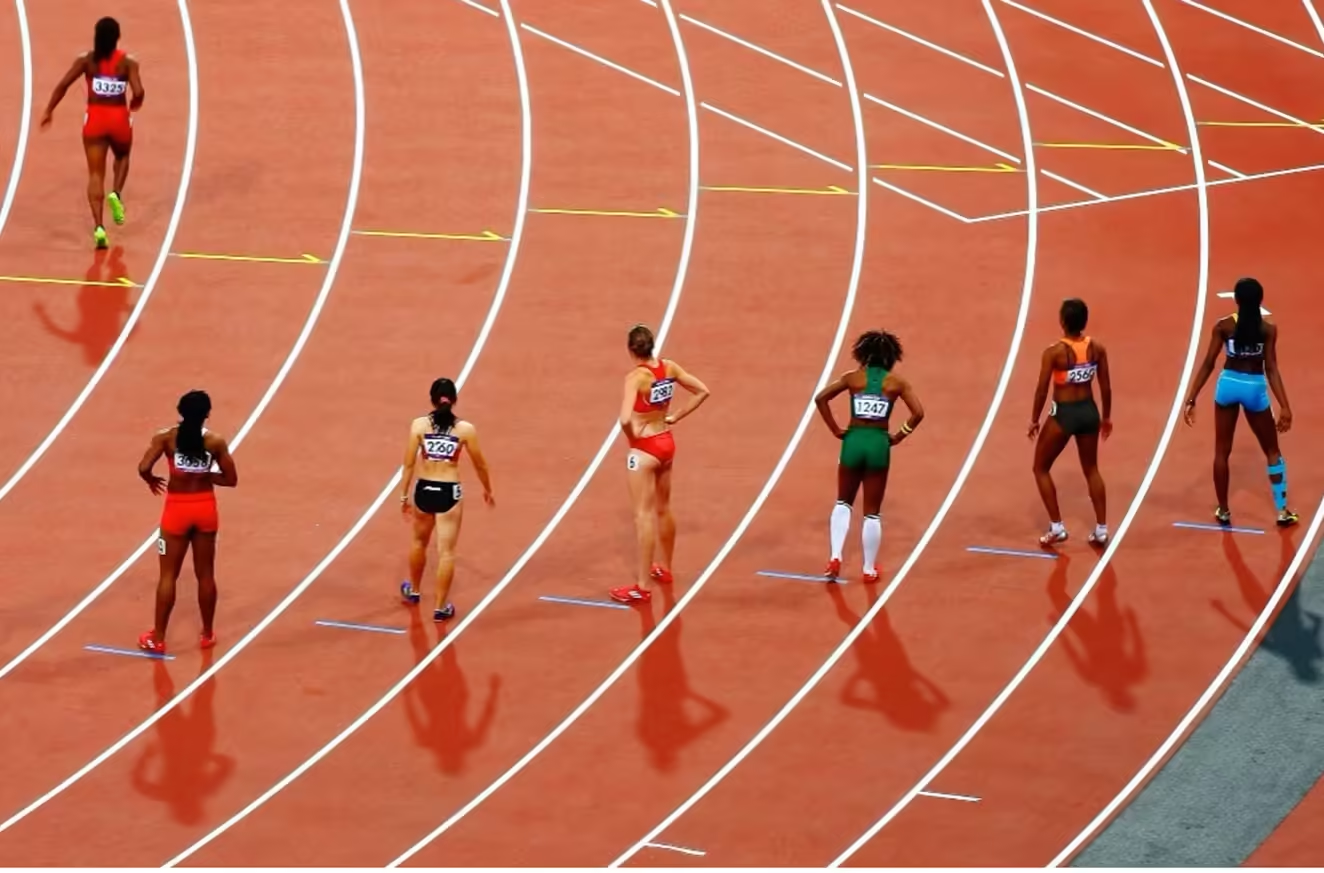In a Beirut car park, migrant workers find joy and camaraderie in a cricket tournament, offering a much-needed break from their challenging lives in crisis-stricken Lebanon.
“Sunday we are so happy… We eat together, we laugh together,” shared Pradeepa Silva, a 42-year-old Sri Lankan who works as a housemaid six days a week while supporting her daughter’s university education back home. She, along with her teammates, prepared coconut rice and other traditional dishes to share before their game.
Every Sunday, workers from Sri Lanka, the Philippines, India, and Pakistan gather in Beirut’s Ashrafieh neighborhood to play cricket, a sport not widely known in Lebanon. These migrant workers are part of the controversial “kafala” sponsorship system, which has been heavily criticized by rights groups for enabling exploitation and abuse.
On May 19, hundreds gathered for a tournament featuring traditional food stalls, a DJ playing Bollywood hits, and teams from the British and Sri Lankan embassies, as well as young Syrian refugees. Iris Sagario from the Philippines, a housekeeper, enthusiastically played for the Roaring Lions women’s team, expressing her love for cricket and excitement to play every Sunday, her only day off.
‘Lord’s of Lebanon’
According to the International Organization for Migration, more than 160,000 migrants from 84 nationalities were in Lebanon last year. Despite the ongoing clashes between Hezbollah and the Israeli army in southern Lebanon, some foreign embassies have advised their nationals to leave. However, many, like Sagario, choose to stay for financial reasons, relying on their income to support their families back home.
Passersby often stop to watch the matches from a stone wall surrounding the car park. Organizer Fernando Sugath, 52, from Sri Lanka, explained that the players have dubbed the car park “Lord’s of Lebanon,” in homage to the famous Lord’s cricket ground in London. Matches were suspended for five years due to a loss of access to the site but resumed in 2022 with the help of a neighboring church.
Freedom Through Cricket
Sugath highlighted the fortunate position of those who can play, as their employers grant them Sundays off. He called on all employers to allow their workers some free time: “Let them have some freedom, let them use the phone, call their families.”
During the men’s competition, players showcased their skills, with big hitters sending the ball into the surrounding trees and fielders scrambling for catches. Majid Satti, 39, from Pakistan, captains the Eleven Brothers team, which includes players from both Pakistan and India. Despite the strained political relations between their countries, Satti emphasized their unity: “We are all like brothers here.”
Vice-captain Raju Singh, 41, from India, echoed this sentiment, stating that the players “never think about” politics. An electrician by trade, Singh dons his team’s traditional cricket whites each week and participates in the coin toss to decide the game’s start. He travels almost 30 kilometers every Sunday for the games and eagerly anticipates the next match each week.
“When we finish (and) we go home, we are waiting for next Sunday,” Singh said, capturing the spirit of camaraderie and escape that cricket provides these workers.



